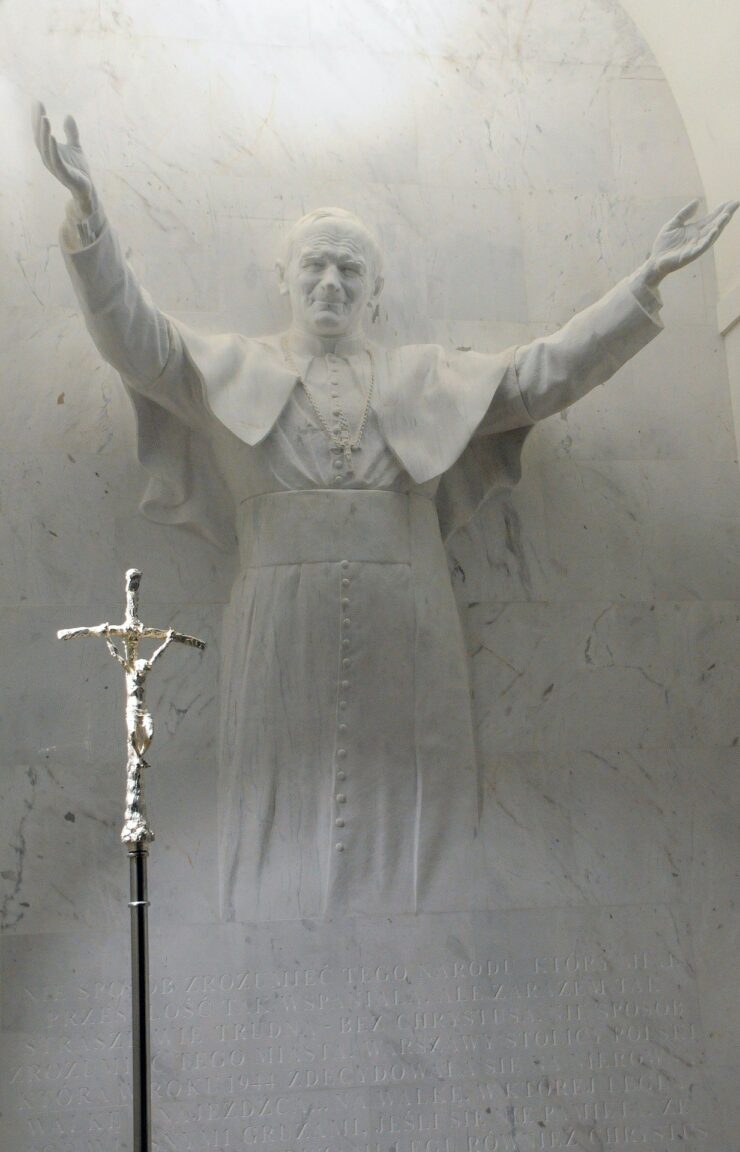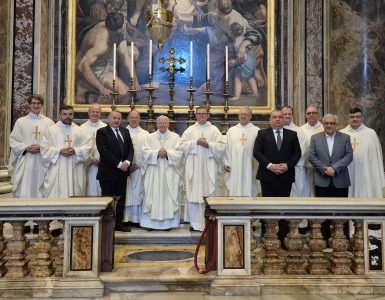Karol Wojtyła was not a biased man. I can honestly attest that he was not a supporter of either Moscow or Washington. He was a man of God. Open to all people. He was a free man. And, he never let himself be manipulated by political groups.
This is where we should start to understand the “political” outline of this pontificate. “Political,” or how John Paul II interpreted and updated the social doctrine of the Church, using moral criteria to describe socio-economic phenomena. In this way, as is particularly evident in the encyclical Centesimus annus, the Holy Father has outlined a model of society in which justice and solidarity, the rights and obligations of individuals, ethics and social and political engagement could be involved. He did all this without ever interfering with technical decisions – in the “how” to implement these goals. Otherwise, the Church would go beyond the area of her work, including a pastoral mission, as well as a critical reflection on the “compatibility” of social processes with the path set out by the Creator.
With the consent of Cardinal Stanisław Dziwisz – “Testimony”.
TBA marketing communication Publishing House. Warsaw 2007





